At the same time, this recommendation will be discussed at the meeting of the Group of Seven (G7) developed countries this coming September.
Japan currently holds the rotating G7 presidency. Countries are also considering rules governing AI through a process in Hiroshima, a cabinet-level forum to discuss the technology.
“We intend to take the lead in discussions toward forming international rules,” Takeaki Matsumoto, Minister of Internal Affairs and Communications, said at a Japanese government strategy meeting last week.
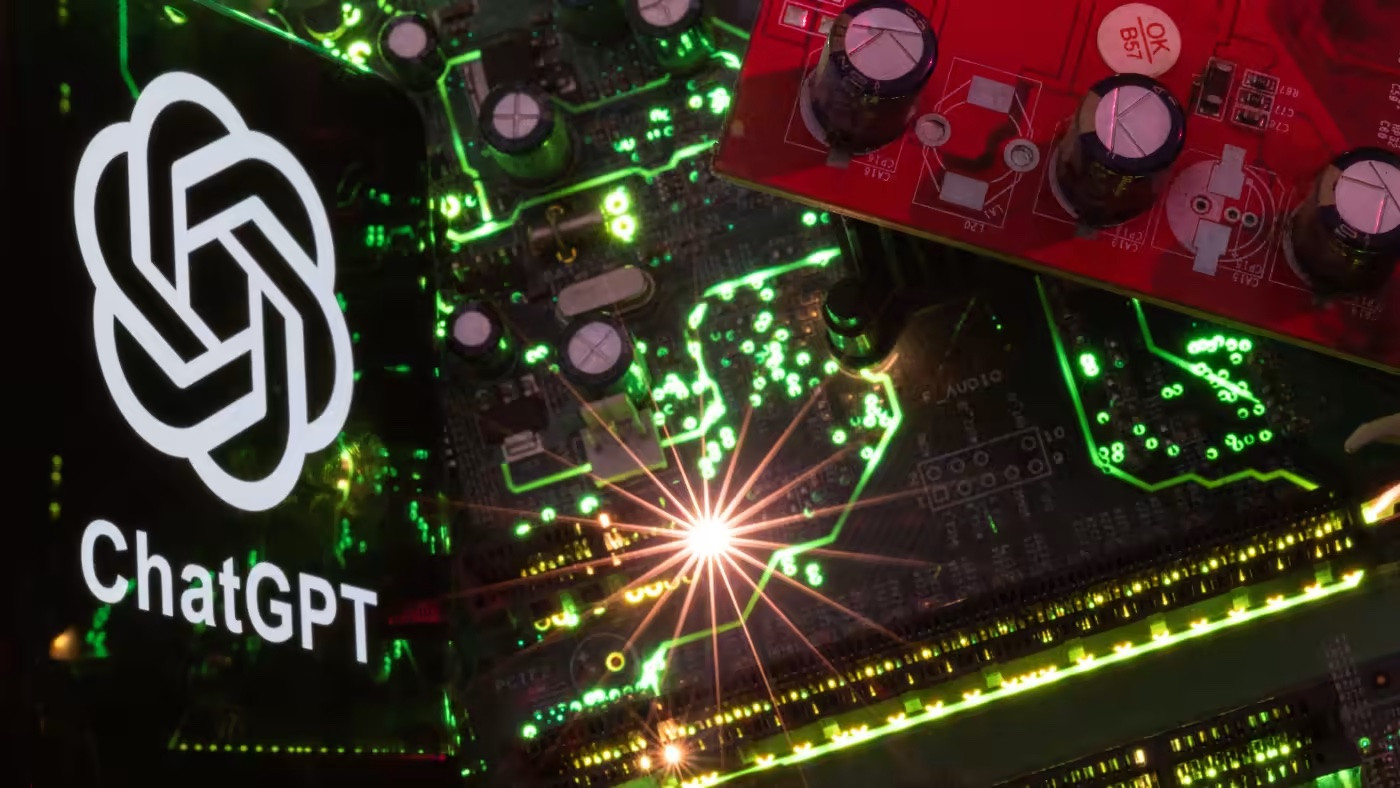
The guidelines for early-stage AI will target companies of a certain size, such as OpenAI and Google, which will be required to publicly disclose the mechanisms and features behind the technology they develop.
Developers are encouraged to disclose the risks behind AI and explain the measures in place to prevent risks from input and output data that could lead to bias or criminal behavior.
For example, the principles include calling on developers to create points of contact where users can request corrections to inappropriate or inaccurate content generated by AI programs.
At the end-user stage, the principles emphasize companies' responsibility to refrain from using generalized AI programs to discriminate or commit crimes, among other inappropriate behaviors.
According to Nikkei Asia , at the G7 discussions, there is a difference between the US approach of letting businesses self-regulate and the European Union's view on the rules that should be binding. For example, the proposed EU regulations would require disclosure of AI-generated content. Users would be obliged to suspend the use of high-risk AI systems if they encounter problems.
In the US, President Joe Biden is expected to issue an executive order on the technology soon. Seven major AI companies here signed a self-regulatory code of conduct in late July, and the executive order will give the agreement legal standing.
Washington is also expected to impose restrictions on US investment in sensitive technologies in China this week. The new executive order targets private equity firms, investment funds and joint ventures in semiconductors, quantum computing and artificial intelligence.
The tightening of investment flows shows that the US is “filling the gap” in existing regulations. “We have new export bans on technology and new investment regulations that will help close the gap in the flow of capital and know-how,” said Cordell Hull, a former Commerce Department official.
Accordingly, the new regulation is not expected to take effect immediately, but the government will collect more comments from the parties. Washington has conducted consultation meetings with allies and related parties on this issue.
(According to Nikkei Asia)
Source





![[Photo] Solemn opening of the 9th Session, 15th National Assembly](https://vphoto.vietnam.vn/thumb/1200x675/vietnam/resource/IMAGE/2025/5/5/ad3b9de4debc46efb4a0e04db0295ad8)

![[Photo] President Luong Cuong presided over the welcoming ceremony and held talks with Sri Lankan President Anura Kumara Dissanayaka](https://vphoto.vietnam.vn/thumb/1200x675/vietnam/resource/IMAGE/2025/5/5/bbb34e48c0194f2e81f59748df3f21c7)


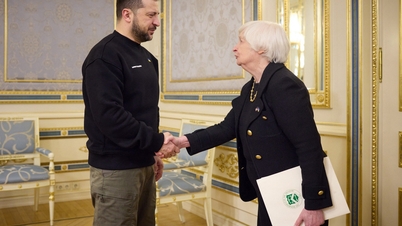
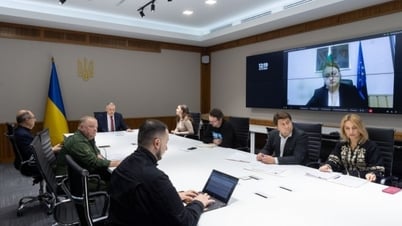

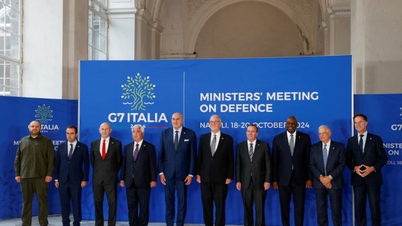

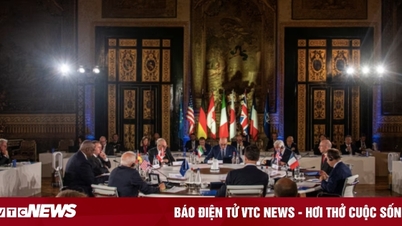

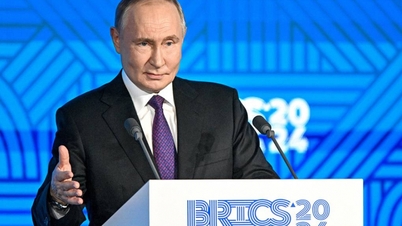


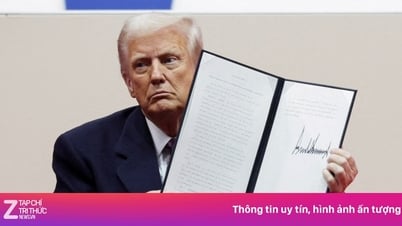








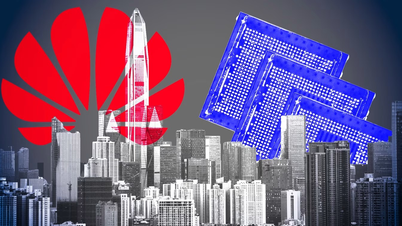



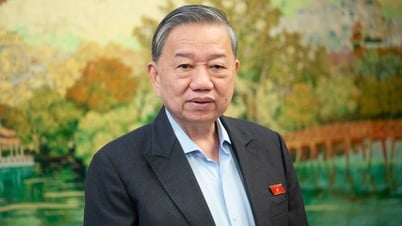
![[Photo] National Assembly delegates visit President Ho Chi Minh's Mausoleum](https://vphoto.vietnam.vn/thumb/1200x675/vietnam/resource/IMAGE/2025/5/5/9c1b8b0a0c264b84a43b60d30df48f75)

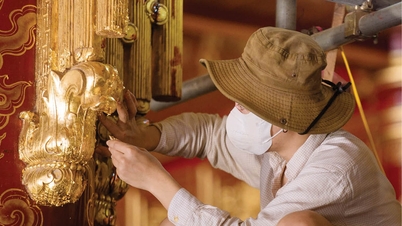





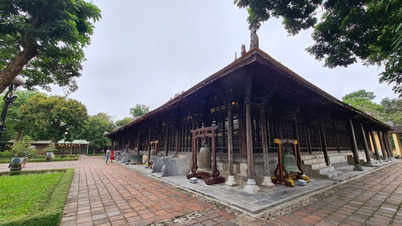




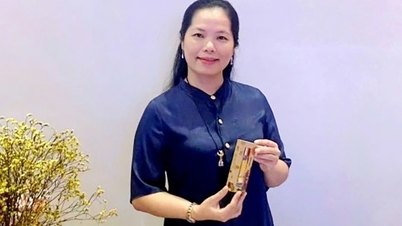




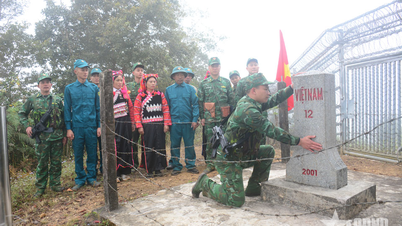






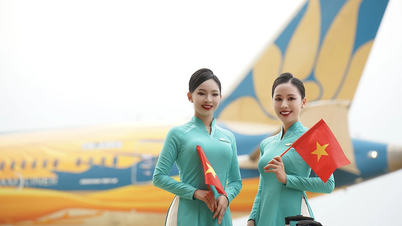

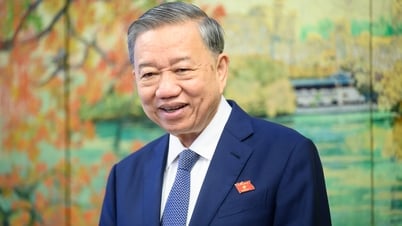


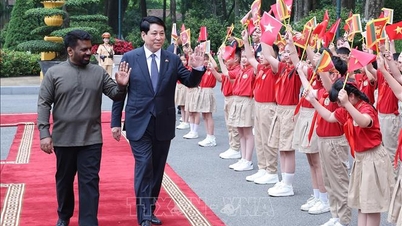

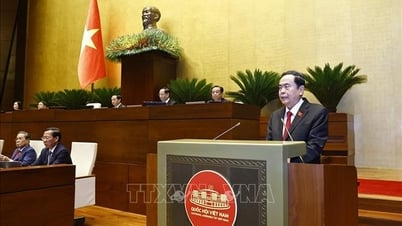
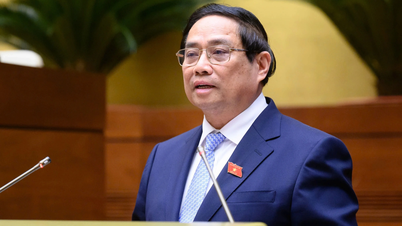
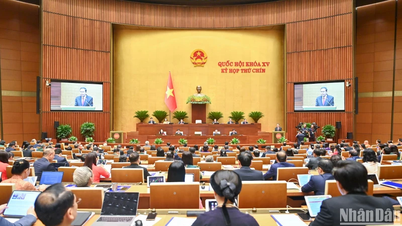







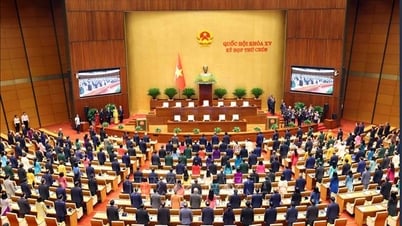
























Comment (0)